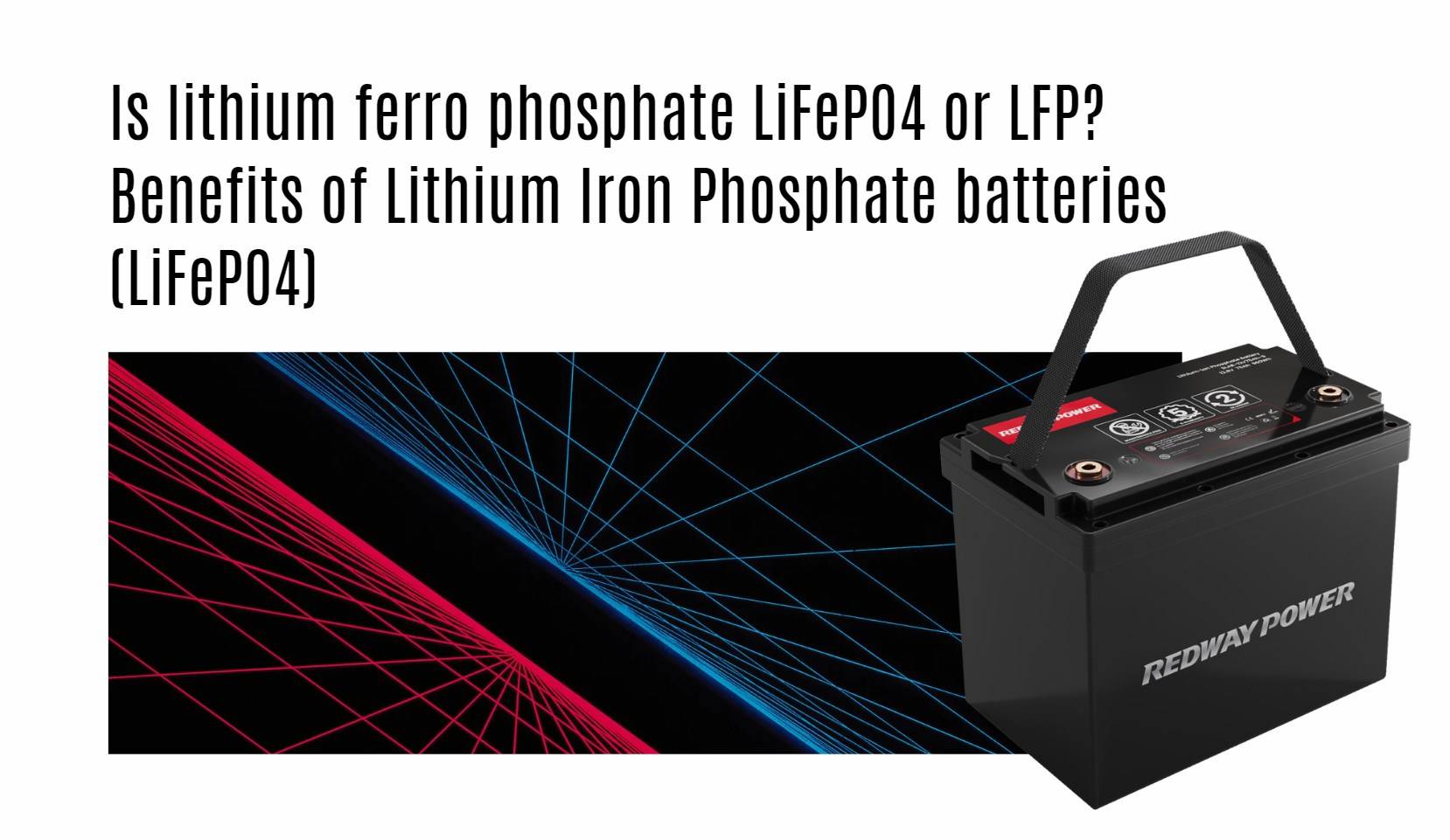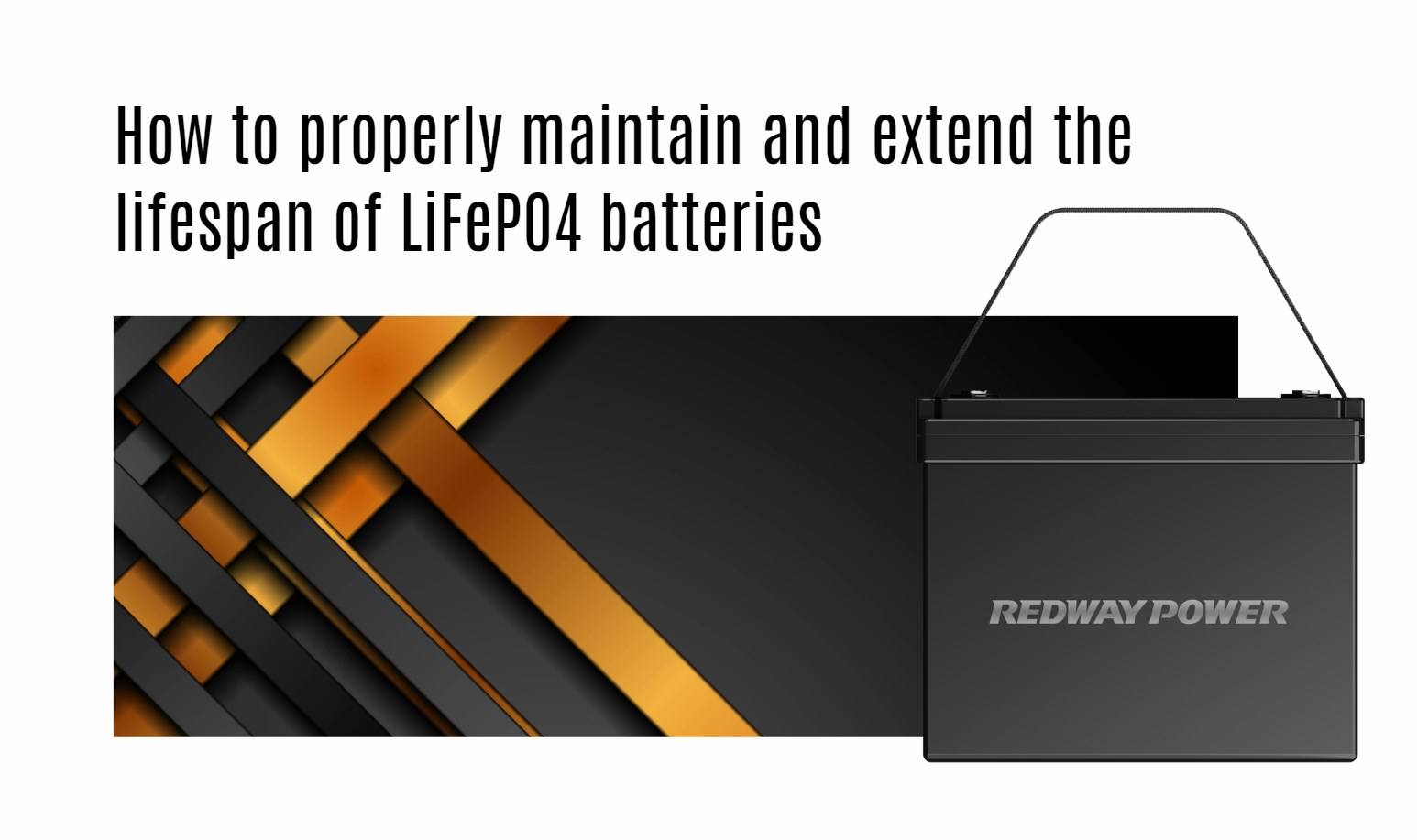Lithium ferro phosphate (LiFePO4), commonly referred to as LFP, is a type of lithium-ion battery known for its safety, longevity, and efficiency. These benefits make it an attractive option for various applications, including electric vehicles, portable devices, and renewable energy systems.
What is Lithium Ferro Phosphate (LiFePO4) and How Does It Work?
Lithium ferro phosphate (LiFePO4) is a lithium-ion battery chemistry that utilizes iron phosphate as its cathode material. This composition provides enhanced thermal stability and safety compared to other lithium-ion chemistries, making it less prone to overheating or combustion.
Chart Title: Composition Comparison
| Component |
LiFePO4 |
Other Lithium-Ion Types |
| Cathode Material |
Iron Phosphate |
Cobalt/Nickel |
| Thermal Stability |
High |
Moderate |
| Risk of Thermal Runaway |
Low |
High |
What Are the Key Benefits of Using LiFePO4 Batteries?
The key benefits include:
- Safety: Lower risk of fire or explosion.
- Long Lifespan: Typically lasts longer than other lithium-ion types.
- Environmental Resistance: Performs well under various conditions.
How Do LiFePO4 Batteries Compare to Other Lithium-Ion Batteries?
Compared to other lithium-ion technologies, such as those using cobalt or nickel, LiFePO4 batteries offer superior safety features, longer cycle life, and better thermal stability, albeit with slightly lower energy density.
Why Are LiFePO4 Batteries Considered Safe?
LiFePO4 batteries are considered safe due to their stable chemical structure that prevents overheating and reduces flammability risks associated with other lithium-ion chemistries.
How Do LiFePO4 Batteries Perform in Extreme Conditions?
LiFePO4 batteries maintain performance across a wide range of temperatures, making them suitable for applications in extreme environments, from hot climates to cold weather conditions.
What Applications Benefit Most from LiFePO4 Technology?
Common applications include:
- Electric vehicles
- Renewable energy storage systems
- Portable electronic devices
What Is the Lifespan of a LiFePO4 Battery?
A typical LiFePO4 battery can last between 2000 to 5000 charge cycles, depending on usage patterns and maintenance practices, significantly outlasting many conventional lithium-ion alternatives.
How Do Charging Characteristics Enhance Battery Performance?
Charging characteristics such as constant current/constant voltage (CC/CV) techniques optimize performance by ensuring that cells are charged efficiently without exceeding their safe voltage limits.
Chart Title: Charging Techniques Overview
| Technique |
Description |
| Constant Current/Voltage |
Prevents overcharging |
| Smart Charging Algorithms |
Optimizes charge cycles |
| Regular Voltage Monitoring |
Ensures safe operation |
Expert Views
“LiFePO4 technology represents a significant advancement in battery safety and efficiency; its unique properties make it ideal for various demanding applications,” states an expert in energy storage solutions.
FAQ Section
- What makes LiFePO4 safer than other lithium-ion batteries?
Its stable chemical structure minimizes risks associated with overheating or combustion.
- Can you use a standard charger for a LiFePO4 battery?
No, it’s essential to use chargers specifically designed for LiFePO4 chemistry to ensure safety and efficiency.
- What is the typical energy density of a LiFePO4 battery?
LiFePO4 batteries typically have an energy density ranging from 90 to 160 Wh/kg, which is lower than some other lithium technologies but compensated by their safety features.




